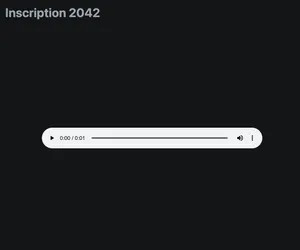The exploit was a flash loan attack that allowed them to drain some protocol pools, also causing the stablecoin to lose its dollar peg and drop to around $0.48. A team member reported on the project's Discord that "all operations are paused until we get more clarity".
The following day, the project reported they had recovered $2.4 million of the stolen funds, and were working with crypto sleuth zachxbt, who had leads as to the hacker's identity. Later that month, Platypus announced that French police had arrested two suspects, who had tried to withdraw stolen funds through Binance — to whom they had submitted identification documents for KYC purposes.








